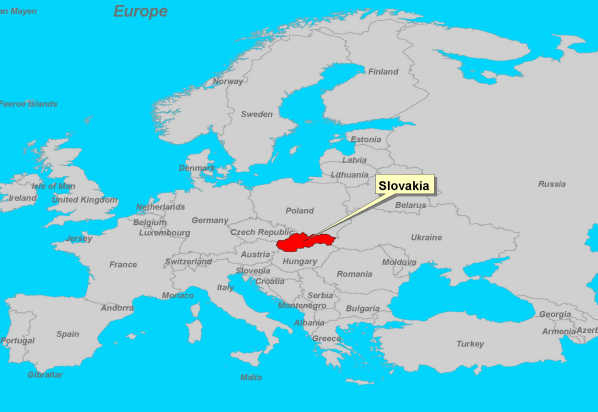
I was at the GTCE‘s ‘Leading a dialogue on pupil participation‘ event today, which I’m sure was called ‘From pupil voice to pupil participation’ when I signed up but never mind, I’m just as happy leading a dialogue as I am moving from one thing to something better.
I must say I was really impressed with the GTCE’s approach to participation and education in general. Their slogan of ‘for children, through teachers’ really chimes in with my view of teaching. The address by Chief Exec, Keith Bartley, really laid out how they see pupil participation as essential to successful and effective learning and teaching. This isn’t just idealistic stuff either, they’re backing it up with research and the event today was partly a launch for their new research anthology ‘Improving pupil learning through enhancing participation‘. It looks like a really good and useful piece of work – I haven’t had a chance to read the whole thing yet, but it’s my bedtime reading for the rest of the week, it should be yours too. The research looks at variety of drivers and outcomes for participation and I think should be very useful for anyone looking to demonstrate the value to colleagues (or themselves) of this work, as well as giving many practical suggestions for how it can be applied and lots of links to further research.
Some great examples came out of the presentation of this work by Dr David Frost of Cambridge
University/Leadership for Learning, one of the authors of the piece. One that particularly stood out for me was a primary school where Y6 pupils had been trained to run circle time and they facilitated this for groups that included pupils from all ages in the school – one can imagine what this might do for a primary school’s sense of community.
A later presentation by Tom Murphy, a new science teacher from a Hertfordshire secondary school, talked about the benefits for his pupils when he asked them to teach full lessons for one another. Not only did they understand the topics better in many cases, it also created a ‘buzz’ for him and students before each lesson, as they never knew how it would be delivered. I intend to follow this work up with him and share more of this here as soon as I can.
We also heard from the deputy head of a special school about how creative they had had to be in using a huge variety of communication methods to ensure that all of their pupils could express themselves and make choices about their school, learning and lives.
Well, it’s late and I realise I’m kind of just reporting the event now, rather than discussing or developing any of the ideas that came out of it further, so I’ll come back to this in the next few days and add another post with some further thoughts.


